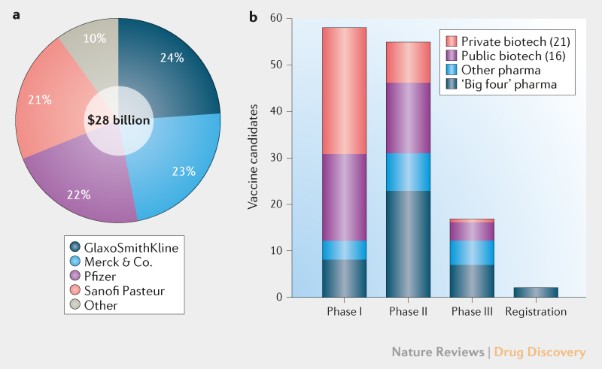Volume 18 Issue 3, March 2019
Comment
News & Analysis
-
News in Brief
-
Biobusiness Briefs
-
An Audience With
-
From the Analyst's Couch
-
Infectious disease vaccines
Nature Outlook:
-


